Decision-making a Rational or Irrational Process:
According to some scholars, decision-making is a conscious effort on the part of the decision-makers. This viewpoint has been described as the “theory of optimization”. According to this theory, the decision-makers do not depend on the non-logical pressure working on their minds. On the other hand, some thinkers point out that the irrational element of human nature plays a very important role in the decision-making process.
Decision-makers are not guided exclusively by their reason and logic, non-logical and irrational factors also creep in. In fact, decisions are the outcome of both rational as well as irrational factors. The process involves the total personality of a man. As Wasby rightly remarks……….dichotomising behaviour into rational and irrational behaviour is not necessary to the development of generalisations about the decision-making behaviour. Rather, predictive and/or explanatory generalisations can depend upon theorist researcher finding a pattern of behaviour……….which may and probably does involve both rational and irrational components…… the question is not whether decisions are made rationally or irrationally but what are those decision-situations which invite psychological or non-rational factors to play a significant role in decision-making”. In this context, Wasby has reproduced eight hypothetical propositions which call for the influence of the non-rational or non-logical factors in the decision-making process. These are-
(1) The more a decision-maker is personally involved in a situation, the more would he be guided by the non-rational and pre-dispositional influences.
(2) The more information one has about the problem in hand, the less likely would he be guided by the non-rational elements.
(3) The higher the level of skill in handling the problems, the less likely would he be free from personality-oriented functions.
(4) The more an individual values rationality, the less prone would he be to personality-oriented factors.
(5) The more influence a person believes he has over events, the less he will orient himself toward those events in terms of personality variables.
(6) Those who are expected to be responsible for the consequences of their decisions will be more inhibited in admitting criteria that are not supposed to be relevant.
(7) The more detailed a decision a person is required to make, the less likely would he be influenced by his personality variables.
(8) The more ambiguous the cognitive and evaluative aspects of the decision-making situation, the more scope there is for personality variables.
After having studied the processes and sub-processes of the decision-making approach, now we begin the study of decision-makers.
Decision-Makers: Now, the question arises, as to who make decisions. It is very difficult to know the actual decision-makers. In the words of Wasby, “Decision-makers are variously denied as those individuals who have public or legal responsibility for certain classes of political decisions; those who actually participate or share in decision-making; those who contribute information to individuals participating in decision-making; those who decide which decision or alternative will be considered; those who belong to the more powerful economic, political, military and or social elites, those who participate in the most important types of decision issues; those who are leaders of interest groups; those who administer or carry out the decision; those who have veto power over decision; and/or who select the decision rules”. Due to the conflicting definitions of decision-makers, Wasby suggests that the researcher should depend upon his own definition according to his own perception.
Another equally important problem is to identify the decision participants. Who are they? To quote Wasby, “Is the individual who votes in a general election or one who bribes the administrator to change the application of a decision to be considered a participant in the making of decision? Is the international Civil Servant who translates a message from Russian to English a participant in a decision to alter relations with the Soviet Union?”
Both decision-makers and the decision-participants play a very important role in the process of decision-making. The decision maker’s personal attitudes, their likes and dislikes, their past experiences, their perception of the decision situations, their commitments, their alliances and friendships- all have an impact upon the decision that they are to take. The behaviour of the decision-makers also depends upon the kind of society they belong to. Thus the personality and antecedents of the decision-makers play a very significant role in the whole process of decision-making.
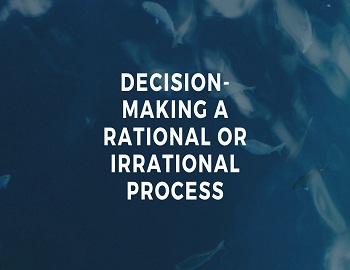
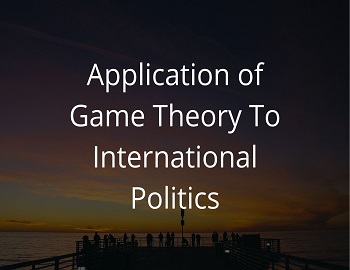

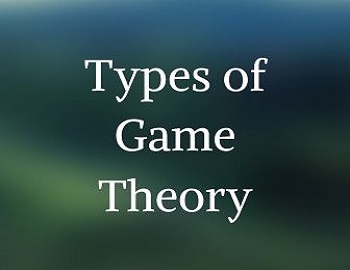
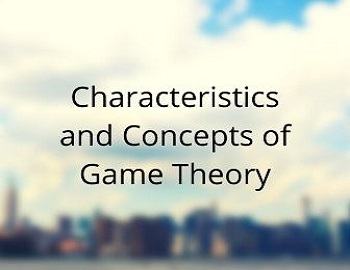


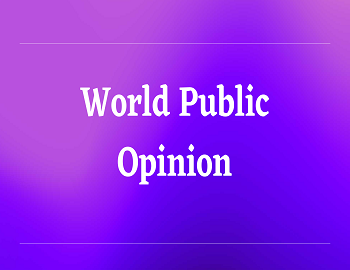

Comments (No)